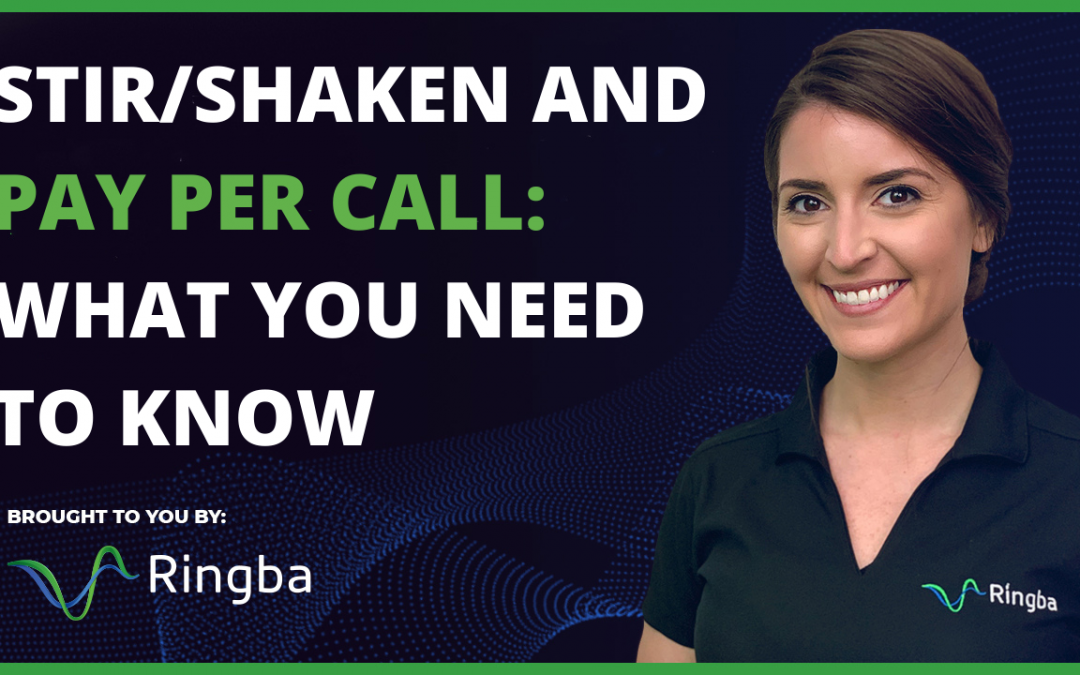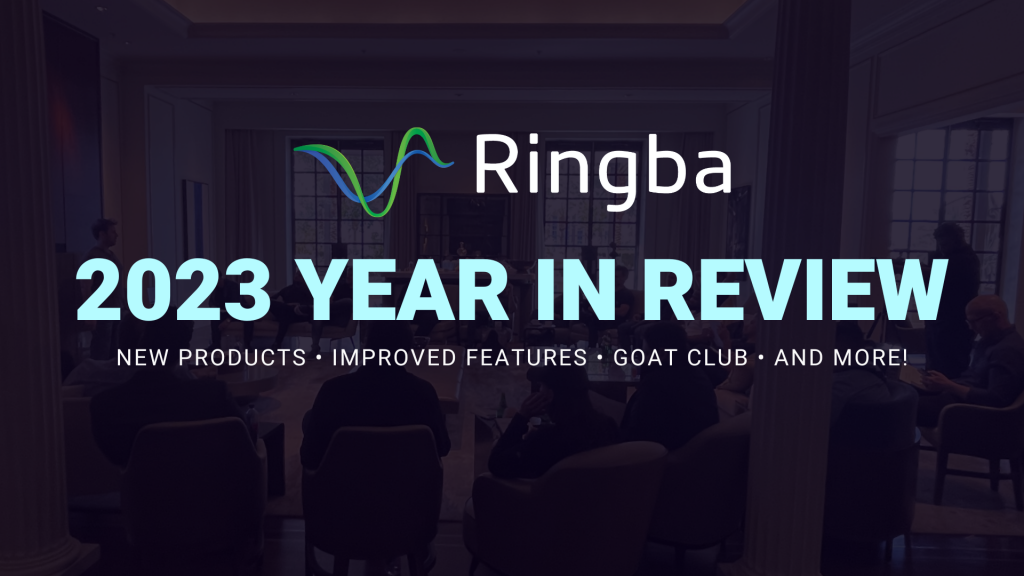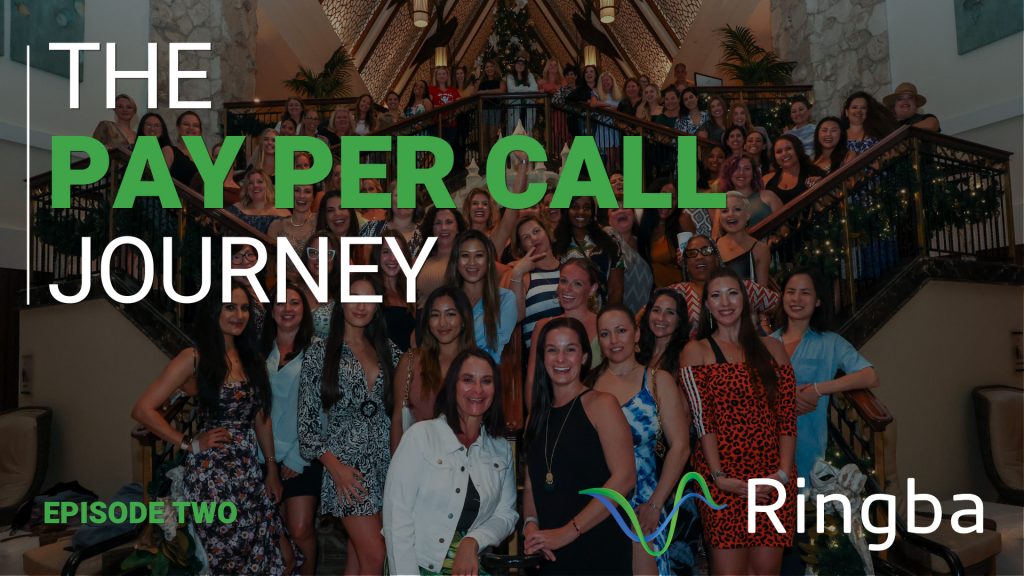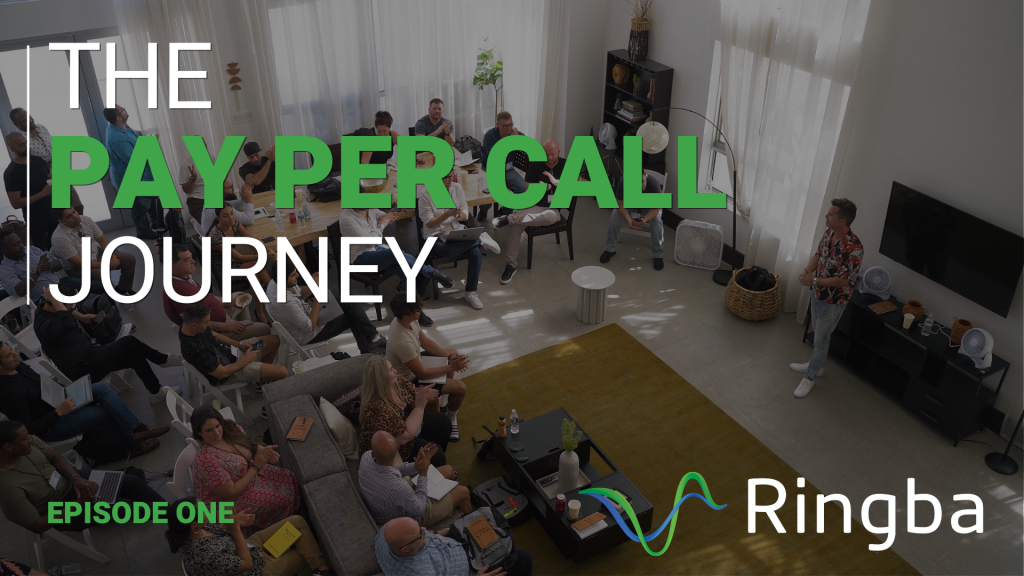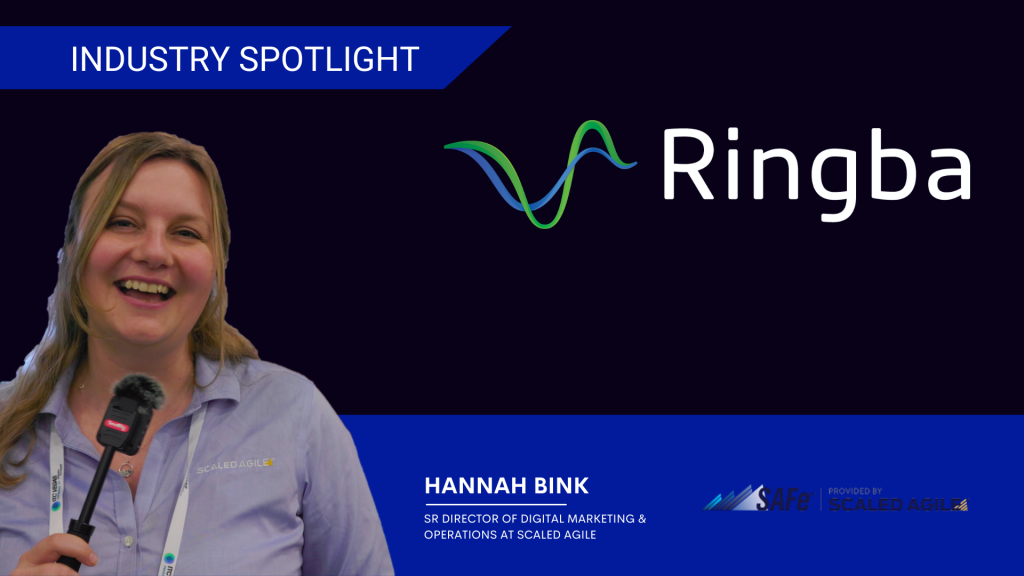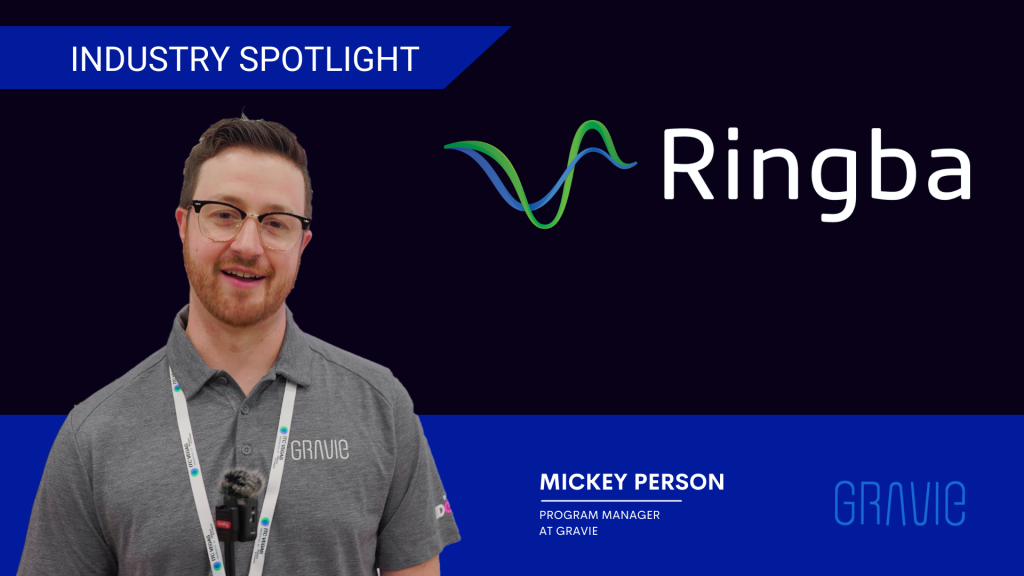The ability to spoof phone numbers has been a hot topic in the industry for a while now as robocallers utilize this for outbound calling.
STIR/SHAKEN was designed to restore trust in phone communications and combat spoofing and robocalls. In March 2020, the TRACED Act was introduced that required voice providers to implement a robocall mitigation program and in June 2021, STIR/SHAKEN went into effect that required all service providers to use caller ID authentication.
For more on Robocalls and how STIR/SHAKEN will impact the pay per call industry, we have Sarah Halko, Director of Regulatory and Industry Relations at Telnyx, a global telecommunications provider.
From a high level, Stir/Shaken uses digital certificates passed through the SIP header of a phone call from the calling party and their originating provider to the called party and their terminating provider in an effort to validate the call. There are varying levels of validation or as it’s referred to, attestation. Full (A), Partial (B), and Gateway (C).
This has been completely rolled out by the largest carriers, think T-Mobile, Verizon, etc., but will take time for the smaller providers to adapt to the changes. Ringba is getting ahead of the curve and attaching tags to any calls with attestation. From Reporting you will now be able to see if the carrier passed any attestation (validation) and if so, what level. A, B, or C. As with all tags in Ringba, these can be used for routing and filtering.
